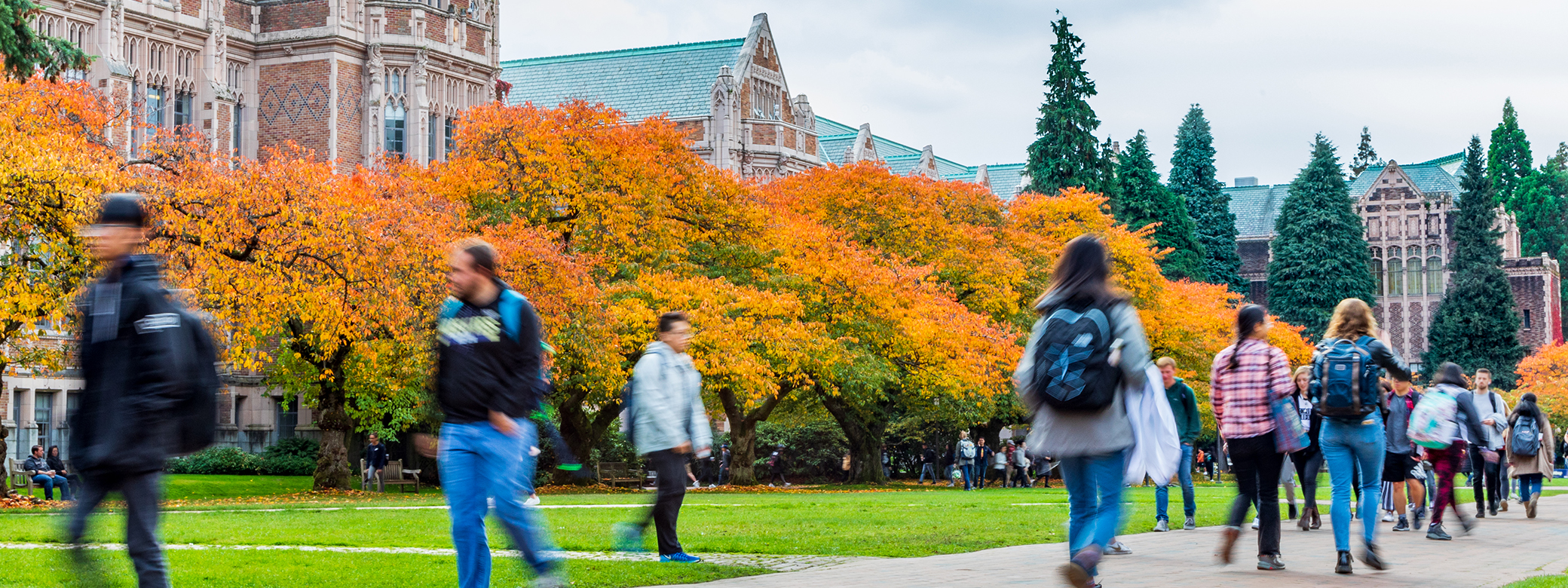-
Get a dose of Northwest summer beauty with hikes among the wildflowers
David Giblin, UW Biology research scientist and collections manager of the University of Washington Herbarium at the Burke Museum offers great suggestions on where to go.
06/27/2018 | The Seattle Times -
New suicide prevention clinical trial shows what works for teens
UW's Marsha Linehan collaborated on this project which "...makes DBT the only treatment for adolescents with replicated evidence that it decreases self-harm."
06/27/2018 | Standford Medicine -
KEXP and dream team of archivists plan digitization labs to help listeners save their music memories
KEXP and the University of Washington Ethnomusicology Archives, connected to the School of Music's Ethnomusicology Division, host Pop Up Music Memory Digitization Labs on July 28.
06/26/2018 | GeekWire -
Don't turn the Turkish army into a political tool
Opinion piece by Ozgur Ozkan, a doctoral candidate at the Jackson School of International Studies and fellow with the department of Near Eastern languages and civilization.
06/25/2018 | Foreign Policy -
ICE agents and the ethics of following orders
Opinion piece by Pete Jackson, advisory board member of the UW Center for Human Rights
06/25/2018 | Crosscut -
Youngsters Are Better Than Baby Boomers When It Comes To Waiting
Professor Yuichi Shoda from the UW Department of Psychology is quoted on his co-authored research.
06/25/2018 -
Research team discovers drug compound that stops cancer cells from spreading
Chemists from the UW Department of Chemistry are part of a team finding a way to stop cancer cells from moving around the body.
06/22/2018 | Medical Xpress -
Talking about art and identity at KEXP
Four Huskies, all who studied in the Collage of Arts & Sciences, presented the rawness of struggle and survival at the UWAA Short Talks on Art.
06/22/2018 | Columns -
Refugees, citizens and camps: A very British history
UW history professor, Jordanna Bailkin, on how Britain's past refugee camps shed light on today's global refugee crisis.
06/21/2018 | Oxford University Press -
Meet the artist: Painter Miha Sarani
Columns Magazine's June cover is a painting of Orin Smith by Miha Sarani, a BFA alum, current MA student, and former Starbucks employee. What's his painting's secret? Coffee.
06/21/2018 | Columns
